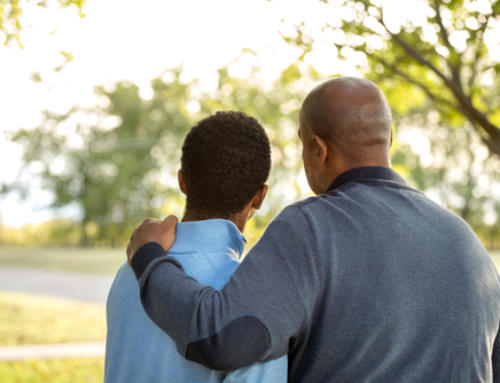One of the most important things when it comes to addiction treatment is learning to recognize, avoid or overcome triggers that might put you at risk for relapse. A trigger is any situation, person, thing or environment that reminds you of your past drug use. These usually bring about a strong urge to use a substance again, even if you’ve gone through a treatment program or have been clean for a long time. 40% to 60% of people in recovery relapse, and a factor in this high rate is whether or not people are equipped with the tools they need to cope when met with triggers after they leave treatment.
Triggers can be internal or something around us, like people or place that bring up strong memories and normally, cravings to return to drug or alcohol use. Former drug dealers, family and friends who drink, even other people recovering from addiction can trigger a craving, even unintentionally. Objects in our daily lives can be triggers as well, even the simplest things. Former heroin users can suddenly crave a hit after seeing a spoon in a drawer, or a recovering alcoholic could see a greasy burger wrapper and remember eating fast food after drinking.
The triggers that occur internally are far harder to address. Feelings, thoughts or emotions once associated with drug use can trigger overwhelming cravings and behaviors that can derail your recovery, and unlike outside triggers, we cannot simply remove our emotions from our environment. Feelings ranging from fear, depression or boredom to extreme happiness can potentially set off a relapse. Emotions and feelings that are associated with memories and things are strong, and they can be hard to resist thinking about.
It’s important for anyone in recovery to be aware of triggers that they may struggle with. Normally, triggers are quite personal, but once you can identify them, you and your addiction specialist, counselor or doctor can develop a plan for dealing with them in a constructive manner, and how to maintain accountability for yourself. It can hurt to remove some triggers from our lives, but in order to truly continue to progress in your recovery, you need to be able to take responsibility for your own recovery. If you continue to do what you’ve always done, you will continue to get the same result. Recognizing triggers is crucial for breaking the cycle of addiction, and lowering the risk for relapsing.
Addiction can rob you of your health and your dignity. Our 5-week program at The Springboard Center treats the whole person, creating healing in mind, body, and spirit. Bringing together evidence-based treatments and trusted 12-step principles, our best practices create a quality, accessible treatment program serving the Permian Basin and beyond. Call us today for information on our availability: (432) 620-0255




